Nurse-led telephone follow up in lung cancer patients
Category: Follow-Up and End-of-Life Care
The problem identified
Over a period of 18 months it became increasingly evident to the LCNS team that patients need to be offered some form of follow up support not only after treatment had been completed, but during investigations and throughout their treatment journey. Patients were highlighting their feelings to the CNS about feeling isolated and lonely and not knowing who they should contact in the first instance. The CNS plays a vital role in supporting the patient and the patient needs to know they can access this support at anytime within their pathway.
The intervention made to change the problem
As lung cancer nurse specialists we have developed a telephone follow up service to support patients throughout the lung cancer pathway.
An important component of cancer care is physical, social, and psychological rehabilitation, and a busy outpatient clinic is unlikely to provide these components (Brada, 1995).
This is supported with evidence gathered from a focus group conducted with service users and members of MALCOLM support group. In lung cancer, the key components of follow-up have been highlighted in the integrated LCN: Good Practice Guide (2004) being support, information, and communication, open access, nursing assessment, patient advocacy, multidisciplinary team membership and co-ordinating care. As lung CNSsê we see these as core elements of our role.
According to the NICE guidelines, only one randomised controlled trial of nurse led followup for lung cancer patients appears in the literature. This study of nurse led follow up by Moore et al (2002) looked at nurse led clinics versus conventional medical follow up in the management of lung cancer patients. It indicated that nurse led initiatives can be more responsive to individual needs, increase patient satisfaction and reduce the burden of hospital visits. This has been indicated from our review of telephone follow up calls, and contact with patients and families during their cancer journey.
How it changed my practice
Our practice now consists of telephone follow up calls post diagnosis; this is discussed with the patient during their consultation so they are aware of CNS contact within the next 24-48 hours. This enables effective communication between patient, carer and lung CNS. Effective communication is known to be key to optimal health outcomes, understanding what patients need to know, when during the course of care, and from whom they receive this information becomes vital to ensuring the delivery of quality cancer care. Following patients throughout their journey enhances this process and telephone follow up is not just limited to new diagnosis, but also to the treatment phase, both oncologically and surgically.
References
National Institute of Clinical Excellence (2011) The diagnosis and treatment of lung cancer. ISBN 978-1-84936-545-1,
London: NHS.
